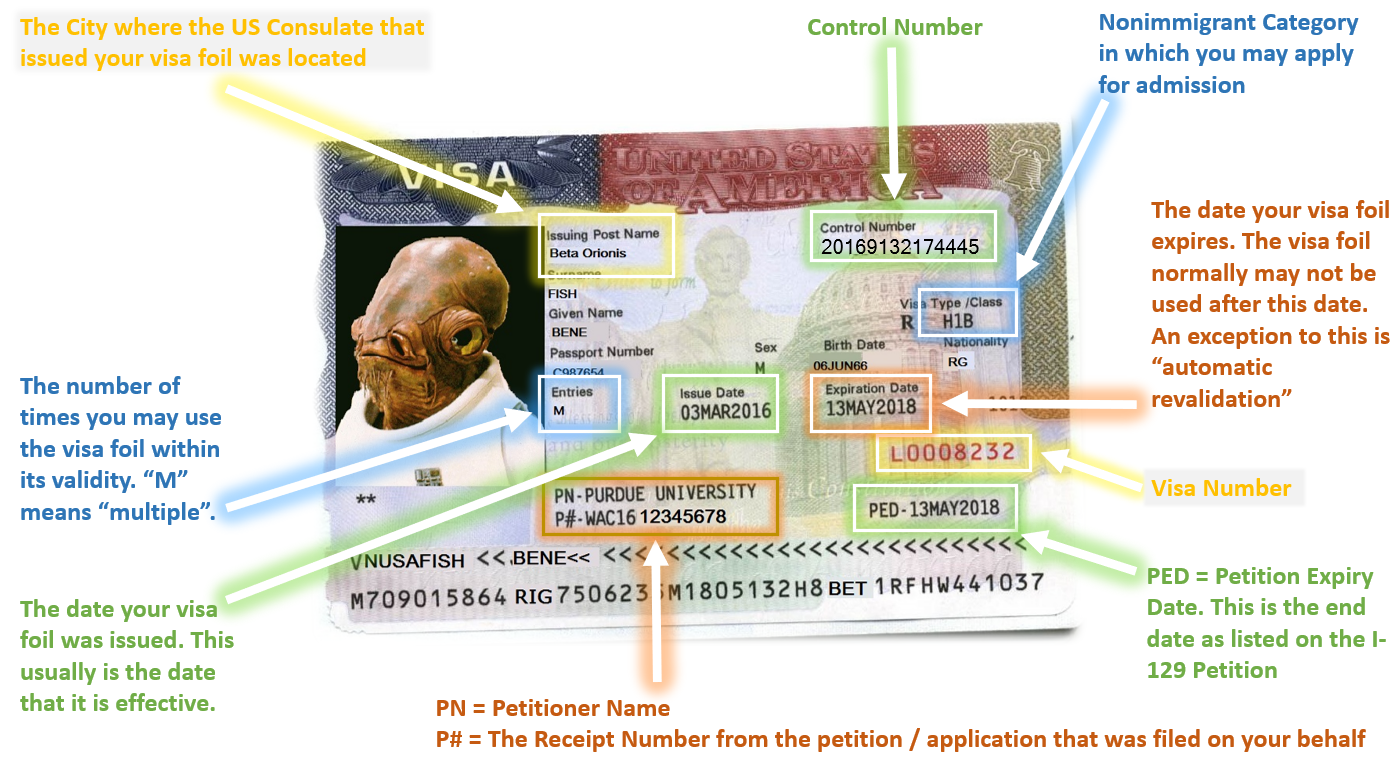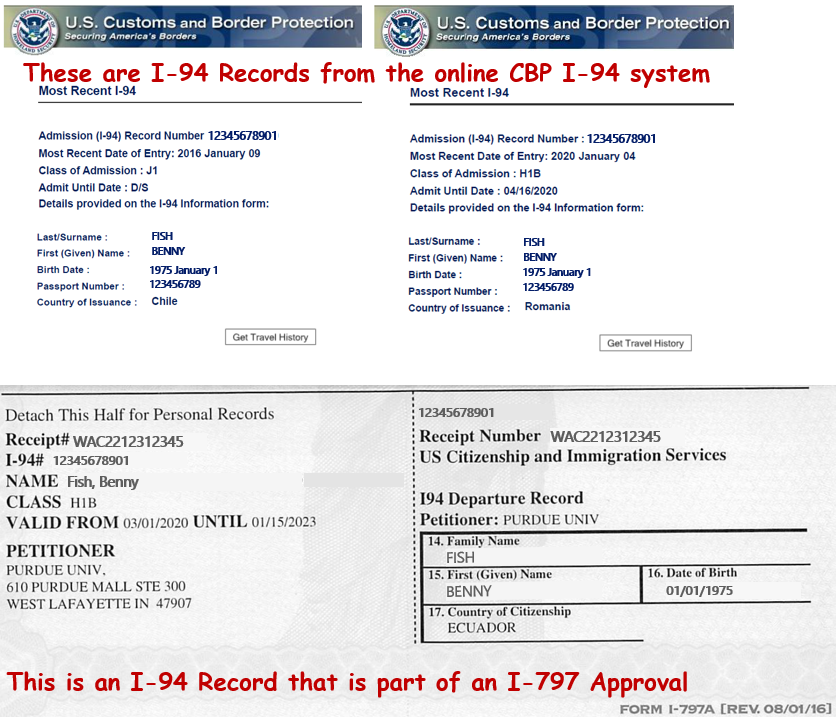

 US law requires non-US citizens hold travel documents to enter the USA. For most people, a passport issued by their home country is their travel document.
US law requires non-US citizens hold travel documents to enter the USA. For most people, a passport issued by their home country is their travel document.
US law also requires that the passport be maintained throughout the stay in the USA. The law generally requires passports to be valid for at least 6 months past the end date of the planned stay in the USA. For some visitors, who are citizens of countries that are given an exception to this rule, the passport must be valid merely to the planned end date of the stay (not beyond the end date). See the US Customs and Border Protection’s list of nations that are given this “six month passport validity” exception.
Without a valid and unexpired passport, visitors cannot request extensions of their stay in the USA.
The law requires that you timely apply to extend your passport.
A common problem is forgetting to renew the passports of your family members. Children often have different passport expiry dates than their passports, and shorter passport validity. Please monitor your family members’ passports and ensure they are timely extended.
 A visa is a kind of travel document. It is used only when you enter the U.S. from abroad. Visas are issued by US Consulates, which operate only outside the USA. Visas are not issued from within the USA.
A visa is a kind of travel document. It is used only when you enter the U.S. from abroad. Visas are issued by US Consulates, which operate only outside the USA. Visas are not issued from within the USA.
Usually a visa is valid for the same amount of time that you are approved to be in the USA. The law limits how long certain visas may be valid, for individuals from certain countries. For more info, check the Department of State's website.
The result is that some visas are valid only for a very short time (eg 3 months, or 12 months) regardless of how long the invitation or employment in the USA is.
Because a visa is only a travel document, it is not a problem if it expires while you are in the U.S. Using our housekey analogy — if you rent a house, your ongoing right to stay in the house is not changed solely if you lose the housekey. The only consequence of visa expiration is that if you temporarily travel abroad and then want to re-enter the USA, you must apply for a new visa before re-admission.
 What does the law consider your ‘stay’ to be? This legal term literally refers to the duration of time a person is permitted by the government to physically be in the USA. You can find the end date of your stay as follows —
What does the law consider your ‘stay’ to be? This legal term literally refers to the duration of time a person is permitted by the government to physically be in the USA. You can find the end date of your stay as follows —
Your I-94 Record is the official government record for the following —
I-94 records can be found from two different sources —

What happens if you have more than one I-94 record? This is very common. The law places on you the responsibility to understand which one 'really' applies.
The legal rule is that the "I-94 that was issued most recently in time controls your stay." In other words, if you have both an I-797 that incorporates an I-94 record, and an electronic I-94 in the CBP database, then you must see which record was created most recently.
You cannot choose which I-94 applies to you. The law determines which I-94 controls your stay. You must look to the date each I-94 record was issued, and focus on the most recently issued I-94 record.
You cannot choose which I-94 applies to you. The law states that the most recent I-94 (paper or electronic) controls what the end date of your stay in the USA is.
Regulations do not allow immigration officers at ports of entry to allow foreign travelers into the US for longer than the traveler's passport is valid. If your passport will expire before the end date of your visit (which might be the end of your DS-2019 program or the end of your H-1B approval), then the CBP officer is required by law to limit your admission, too.
This means the I-94 Record will have an expiration date that will match your passport expiration date if your passport is issued from one of these countries, or it might match a date that is 6 months earlier (if your passport is not from a country on the 6-Month Club list).
If you travel, and your electronic I-94 record is created with a shorter stay than you think you should have, this new, shorter end date is what controls your stay. You cannot ignore an I-94 record because it is inconvenient. If you think the I-94 record is wrong, then you should email IntlScholars@Purdue.edu.
The ‘status’ you hold in the USA determines the legal rights and conditions on your presence in the USA. Status can be compared to a character in a role-playing game — ‘status’ determines your powers (what activities you may do) and limitations.
A person can only hold one status at a time.
Status must be maintained. If you do not comply with the rules of your status, then your status is ‘violated’ (broken). When status is broken, you are (technically) deportable. People who have violated status generally cannot extend their stay in the USA, and cannot change to a different status in the USA. The most common way to fix broken status is to depart the USA, and then re-enter.
J, H, E, TN and O status all have one kind of limitation in common — they are all temporary. People holding these statuses have an end date to how long they can stay in the USA.